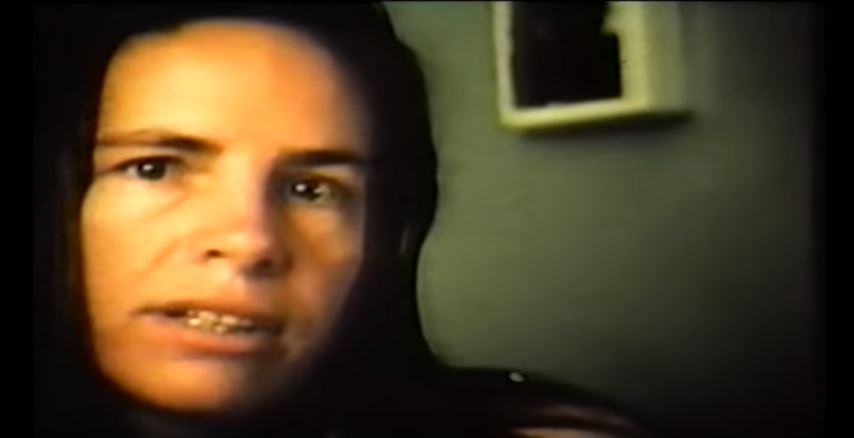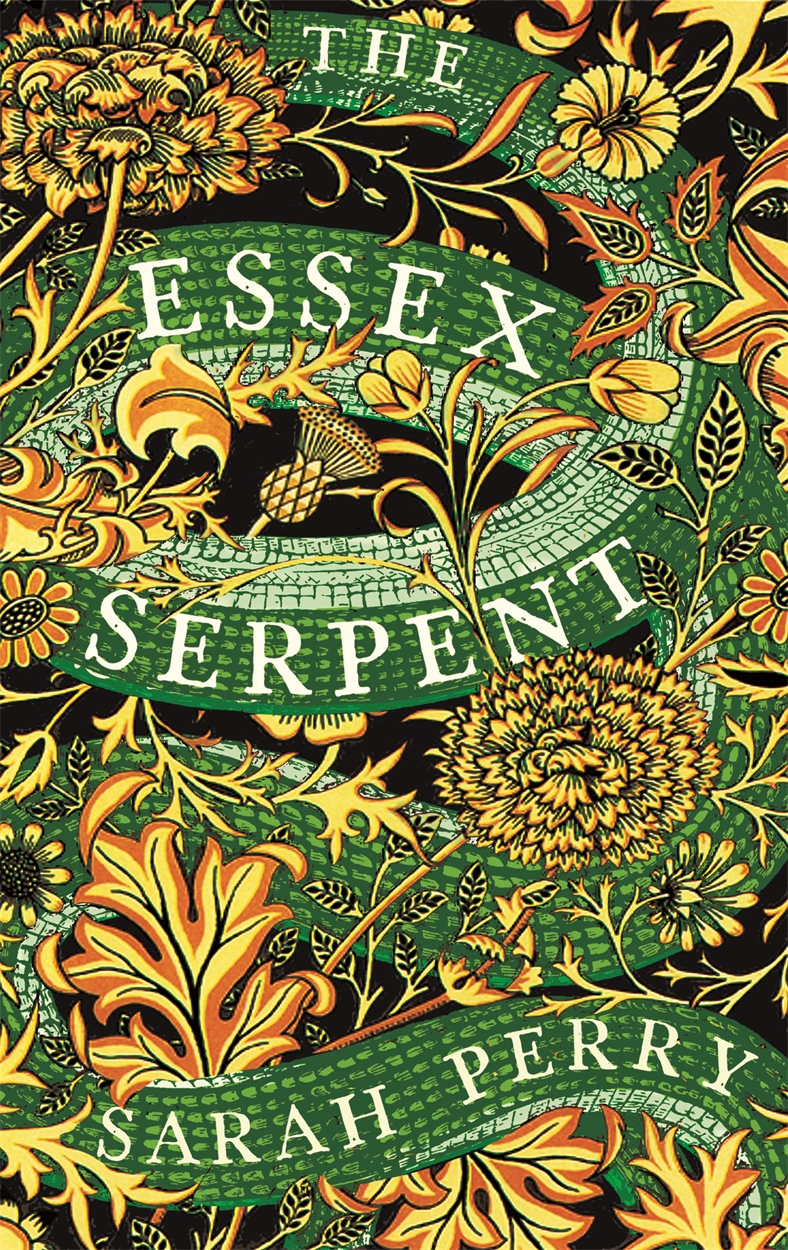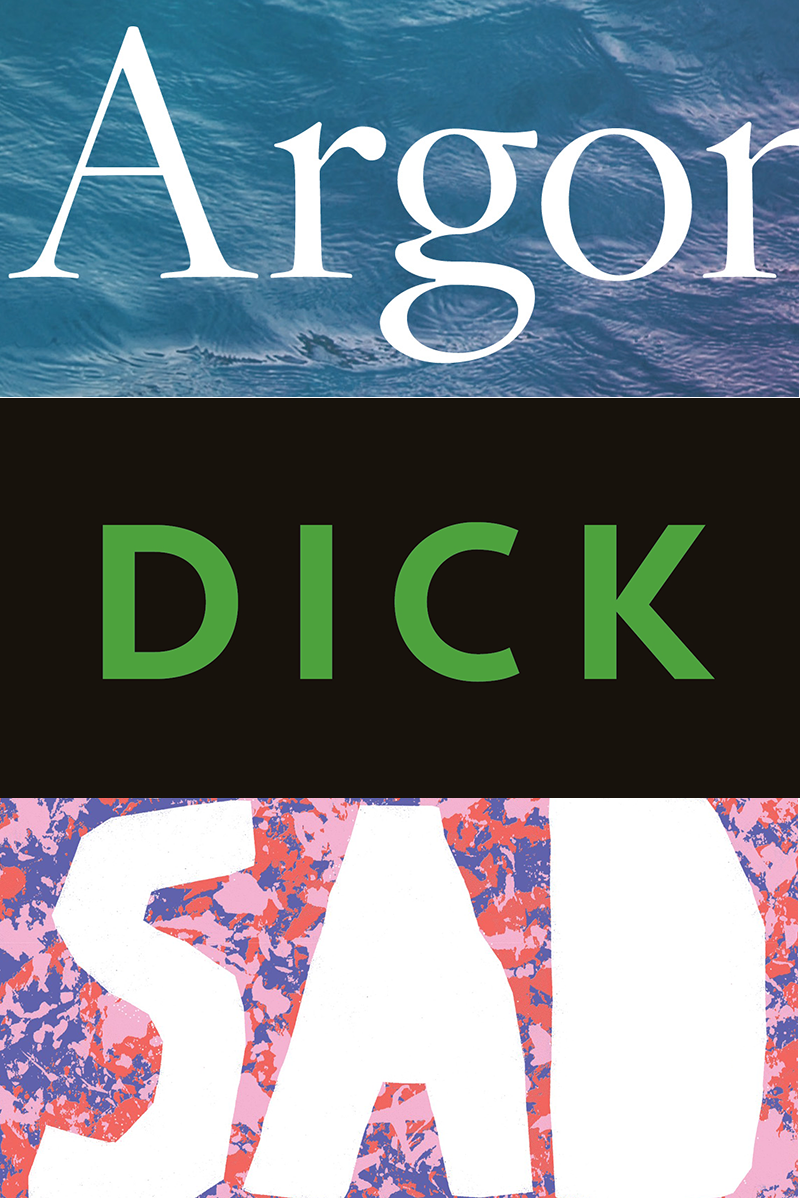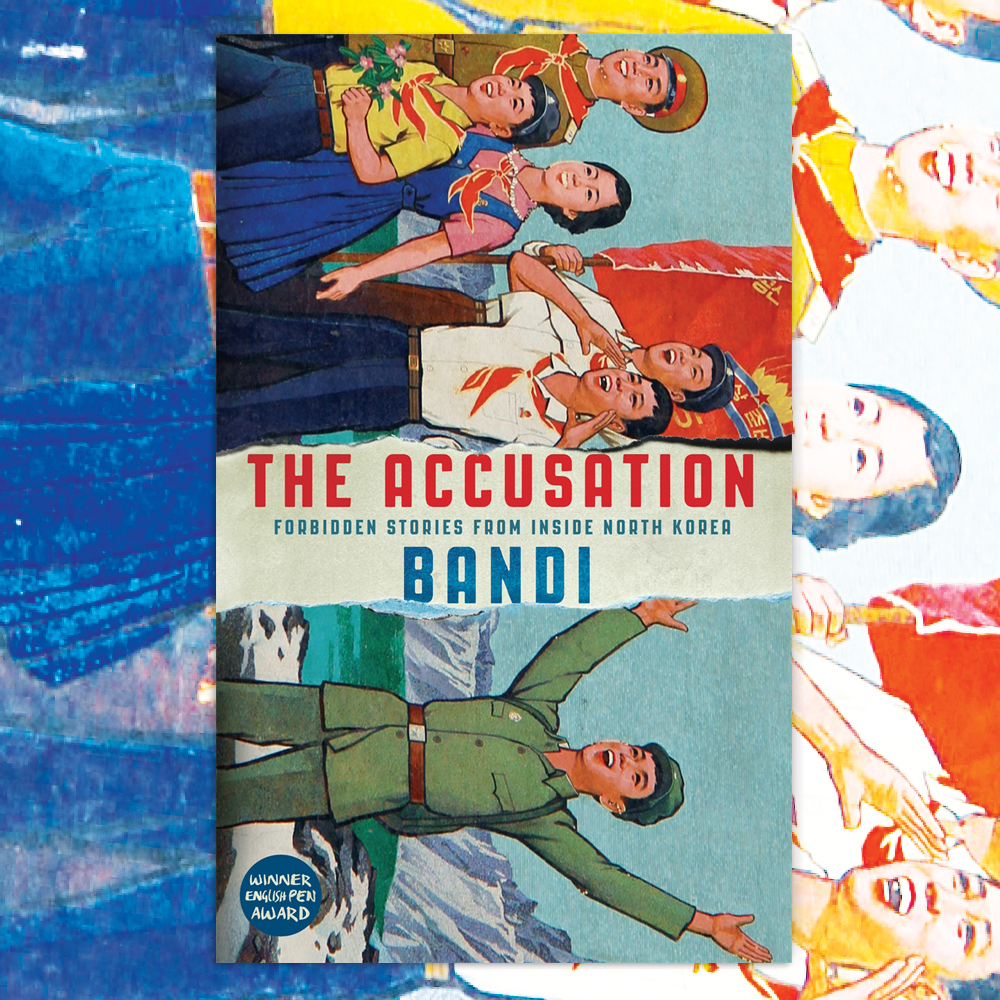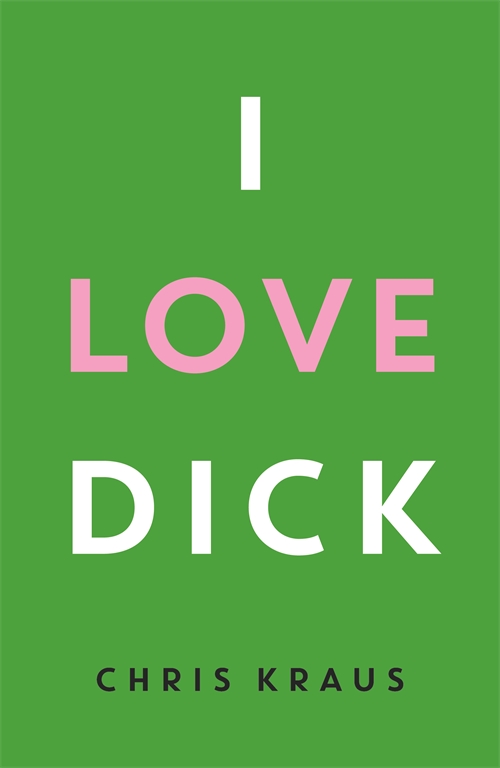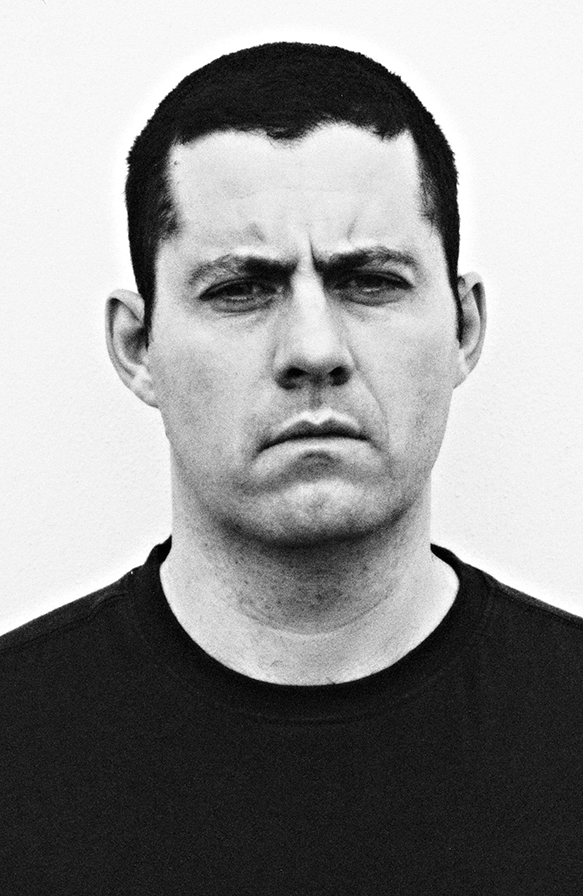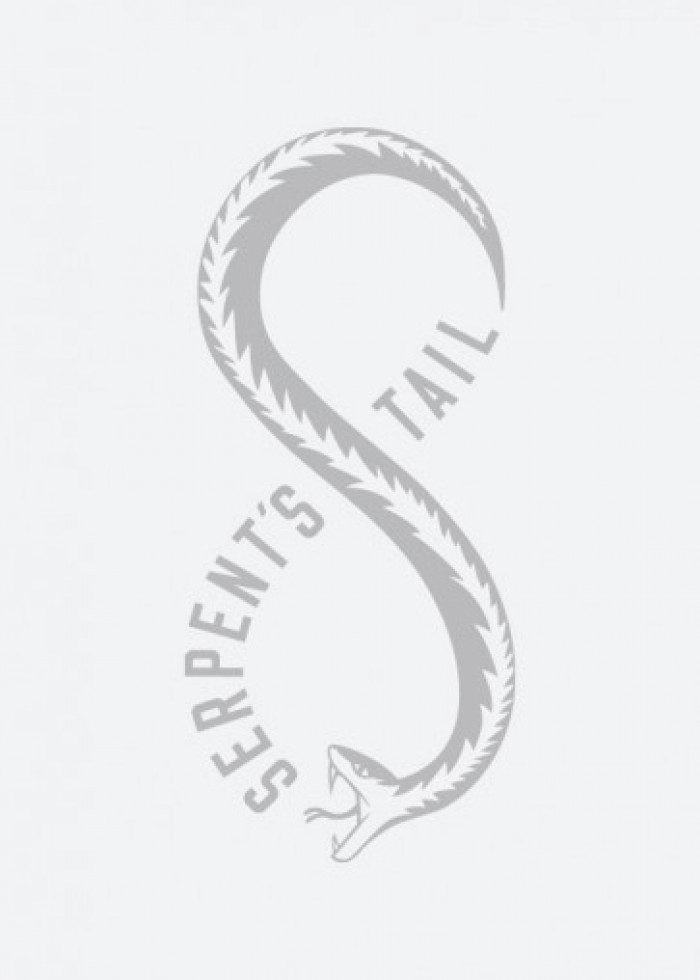I’ll never forget the night I saw Mommy kissing Santa Claus. I was only ten years old at the time, but I can still picture it vividly. My mother was standing beneath the mistletoe and Santa was right beside her, a grin on his plump, rosy face. His snow-white beard shone brightly in the moonlight, and when my mother embraced him, his bell-studded coat let out a little jingle.
When I blurted out my secret the next morning, my mother laughed and patted me on the head. But my father remained oddly silent. I could tell by the bags under his eyes that he’d slept terribly. He hadn’t touched his breakfast, and his jaw was clenched like a vise.
A few years later, I saw my mother and Santa Claus having sex. My parents were separated by then, but it was still a shock. I was getting a glass of water when I heard a commotion in the rec room. The door was partially open and when I peeked through the crack, I could see them on the couch. Santa was naked from the waist down, pumping his body into hers. I was horrified, but I couldn’t look away. It was just too bizarre. Santa’s ass was enormous, I remember, but oddly muscular. His beard was soaked with sweat and I could see flecks of moisture scattering everywhere.
When he was finished, he collapsed on top of her and let out a contented sigh.
“Oh, Nick,” my mother said, her fingertips caressing his giant, pale backside.
They lay still for about a minute and then Santa Claus abruptly stood up.
“You have to go already?” my mother said.
“Afraid so,” Santa mumbled, as he reclasped his red felt pants.
He stood by the chimney for a moment, his crinkled face flushed from exertion. He was out of shape, clearly, and hadn’t yet caught his breath.
“When will I see you again?” my mother asked in a heartbreaking whisper.
“Same time next year,” he said. “I promise.”
Santa fidgeted uncomfortably. Through a window, I could make out a few elves. They were standing on our front lawn, smoking cigarettes and glancing at their watches.
“Well,” he said awkwardly. “Merry Christmas.”
I tried my best to forget about the incident — and almost succeeded. But a few years later, when I was back home visiting from college, I saw them together again. They were in the kitchen, staring across the table at each other. There was a plate of milk and cookies between them, but Santa, I noticed, hadn’t touched them.
“I just think it’s a little odd,” my mother was saying. “I mean, you’re known for giving presents. It’s kind of your thing.”
Santa massaged his temples.
“I’m sorry I forgot our anniversary,” he said. “What else do you want me to say?”
My mother’s eyes welled up with tears.
“Ten years,” she said. “We’ve been doing this for ten years.”
She began to sob.
“What am I to you?”
“Carolyn . . .”
“Am I your partner? Or am I just a whore?”
“Carolyn!”
They didn’t speak for a while. It was so quiet I could hear Santa’s reindeer pawing softly at our rooftop. Eventually, my mother reached across the table and took Santa’s hand. I could tell she wanted to ask him something, but it took her a while to get the words out.
“Do you still love her?”
“No,” he said firmly. “Mrs. Claus and I have a marriage of convenience. I told you that in the beginning.”
She squeezed his hand.
“Then why can’t you leave her?”
“You wouldn’t understand.”
She pulled her hand away and folded her arms across her bathrobe.
“It’s because of your image, isn’t it?”
“It’s not because of my image.”
“You’re afraid of losing the Coke deal.”
Santa’s eyes narrowed.
“That’s a low blow,” he said. “That’s a real low blow.”
“Then what is it?”
“It’s everything,” Santa said. “The elves, the reindeer. A divorce would devastate them. Look, Carolyn, you know I love you. And I’m going to leave her. I swear. This just isn’t the right time.”
My mother took a giant swig of eggnog.
“I can’t believe this is my life,” she said.
“You’re being melodramatic.”
“Melodramatic? It took you six months to answer my last letter.”
“I get a lot of letters.”
My mother’s nostrils flared with rage. She poured herself another glass of eggnog and downed it in a single swallow.
“I don’t know why I love you,” she muttered. “It’s like some kind of horrible curse. No one deserves to be treated the way you treat me. You kissed me once when I was lonely. So what? Do you realize I’ve lost everything because of you?”
“You’re being irrational.”
My mother bit her lip; I could tell she was trying to hold back more tears.
“This ends today,” she said softly.
“What?”
“I’m getting out of this thing,” she said. “While I still have a tiny shred of dignity left.”
Santa Claus rolled his eyes.
“Ho, ho, ho.”
“I’m not joking,” my mother snapped. “You can cross me off your list, and you don’t have to check it twice.”
“Sheesh,” Santa said. “How long have you had that one in your pocket?”
“Get the fuck out of my house,” my mother said. “Now.”
Santa sighed.
“Can I use the bathroom first?”
“No.”
Santa stood up. He leaned across the table and I thought, for a moment, that he was going to kiss my mother one last time. But he was just reaching for a cookie. He took the biggest one and shoved it in his mouth, spraying crumbs all over his beard.
“Merry fucking Christmas,” he said.
It’s years later now and I’ve got a failed marriage of my own. I get the kids every other Christmas and I usually take them over to my mother’s. Everyone gets lonely during the holidays, but not like her.
I try not to mention Santa Claus, but on Christmas he inevitably comes up. This last time was my daughter’s doing. She’s six years old and still not sure whether Santa Claus is real.
“Grandma?” she asked while we were unwrapping the presents. “Do you believe in Santa Claus?”
My mother looked into my daughter’s eyes and sighed.
“I used to,” she said. “But not anymore.”
I Saw Mommy Kissing Santa Claus is taken from The Last Girlfriend on Earth, a collection of very funny short stories by Simon Rich.
